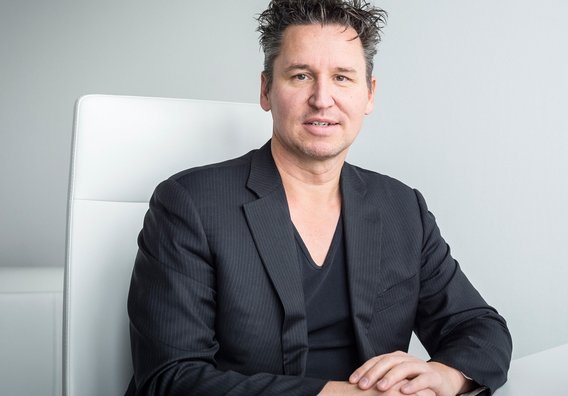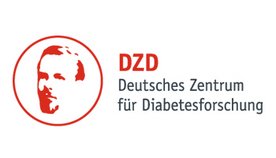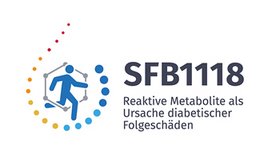
Prof. Dr. Stephan Herzig
Research Director at Helmholtz Munich, Director and Department Head of the Helmholtz Diabetes Center and Director of the Institute for Diabetes and Cancer."It is my vision to successfully drive one of our own research results into clinical application in the area of obesity-related metabolic dysfunction as well as cancer cachexia."
"It is my vision to successfully drive one of our own research results into clinical application in the area of obesity-related metabolic dysfunction as well as cancer cachexia."
Academic Career and Research Areas
Stephan Herzig wants to discover new things - unknown mechanisms, molecules and functionalities. His research focuses on common diseases such as obesity and diabetes and their long-term complications, including cancer. He is particularly interested in regulatory and transcriptional networks in metabolic health and disease as well as the crosstalk between metabolism and cancer. Stephan aims to identify novel therapeutic targets for treating metabolic dysfunction. To achieve this he is using insights from his long-standing work on fasting metabolism as a basis for therapeutic developments in peptide and RNA-based approaches. A particular focus resides on unmet clinical needs as in the treatment of liver fibrosis and cancer cachexia.
Stephan Herzig started his scientific career after his PhD in molecular pharmacology when he was a postdoctoral researcher at the renowned Salk Institute for Biological Studies in La Jolla, USA, from 2000 to the end of 2003. Back in Germany he established an independent Emmy Noether and Marie Curie junior research group at the German Cancer Research Center (DKFZ) in Heidelberg starting in 2004. In 2010, he was appointed department head at the DKFZ and full professor of the medical faculty at Heidelberg University. Stephan Herzig also holds a chair at the Technical University of Munich (TUM) and is honorary professor at the medical faculty of Heidelberg University.
Stephan joined Helmholtz Munich in 2015, initially as director of the Institute for Diabetes and Cancer. He is also scientific director of the Helmholtz Diabetes Center and research director. Stephan enjoys sharing his enthusiasm and experience and is involved in a wide range of scientific exchanges:
Coordinator of the Helmholtz Network AMPro
Editor in Chief of the scientific journal 'Molecular Metabolism'
Speaker of the Helmholtz Graduate School Environmental Health
Chair of the DFG Collaborative Research Center 1118
Organizer of the Helmholtz Diabetes Conference
Fields of Work and Expertise
Energy HomeostasisDiabetesObesityCancer CachexiaFastingAdipose TissueRNA TherapyLiver
Professional Background
Research Director at Helmholtz Center Munich
Scientific Director at Helmholtz Diabetes Center Munich
Full Professor at the Medical Faculty of the Technical University Munich and Honorary Professor at the Medical Faculty of the Heidelberg University
Full Professor at Medical Faculty University of Heidelberg
Head of Joint Research Department of the German Cancer Research Center (DKFZ), Center for Molecular Biology (ZMBH), University of Heidelberg and Heidelberg University Hospital
Honors and Awards
2022 - Werner-Creutzfeldt Award, German Diabetes Society
2015 - Research Award, German Liver Foundation
2010 - Richtzenhain Award for Translational Cancer Research
2007 - Ferdinand-Bertram Award, German Diabetes Society
2005 - Marie Curie Excellence Award of the European Union

Highlight Publications
More on PubMedCell Metabolism
A Macrophage-Hepatocyte Glucocorticoid Receptor Axis Coordinates Fasting Ketogenesis.
Cell Metabolism
Nature Communications
Orphan GPR116 mediates the insulin sensitizing effects of the hepatokine FNDC4 in adipose tissue.
Cell Metabolism












